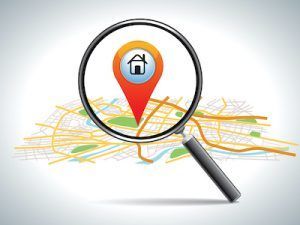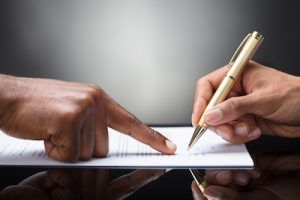How Much Should You Save to Buy a Home?
Buying a Home is a Big Financial Investment
Deciding to buy a home is a big decision, and it comes along with big responsibilities and big financial obligations. When saving up to purchase a home, you should consider not only the down payment but also the numerous other fees that are bundled into the transaction. So, how much does the average buyer need to save to buy a home?
The Costs You’ll Need to Cover
- Down Payment: The down payment for your new home could range anywhere from 4% to 20% of the total cost of the house. What factors influence the down payment you’re expected to cover? Your credit score, the current mortgage interest rate, your financial situation and how much money you have to spend. Most mortgage experts recommend putting down the biggest down payment that you can afford. That way, you’ll get a bigger stake in the home right away, you’ll have a lower monthly payment and you won’t be as underwater if housing prices go down and you need to sell your home.
- Closing Costs: Closing costs can include a variety of things, including property taxes, prepaid interest and inspection fees. Overall, closing costs typically add 2-5% of the total home cost back onto the final price.
- Moving Costs: How much will it take to move you from point A to point B? A great deal of money can be spent to make a house a home, so think carefully about your moving and furnishing costs. If you’re moving from a studio apartment into a 3-bedroom home, you’ll need to purchase and move some furniture to fill in the space. You should also consider anything in your new home that you will want to upgrade immediately. All of these expenses won’t show up in your closing costs but might outweigh them.
- Mortgage Payments: In the first months following your new home purchase, will you be able to foot the bill for your mortgage payments ? Depending on your lender and mortgage situation, you might be expected to have additional cash reserves to show that you are ready to make payments.
- Emergency Fund: If you have enough to purchase a home, you are probably a good saver. However, you should still have an emergency fund saved up beyond the purchase price of the house. You should have a separate account with 3-6 months’ worth of living expenses saved up just in case.
Buy a Home with Equity Mortgage
I am experienced in getting homeowners the best possible mortgage product for their situation. Since every client is in a different situation, I encourage you to get in touch and learn how I can help. Contact us today by calling 443-471-4310. I look forward to hearing from you!
The post How Much Should You Save to Buy a Home? appeared first on Owings Mills & Lutherville Mortgage.










Are You Ready to Get the Ball Rolling on Your Mortgage?
Get in Touch With a Mortgage Expert
NMLS# 150953
© 2024 All Rights Reserved | Luminate Home Loans, Inc.

